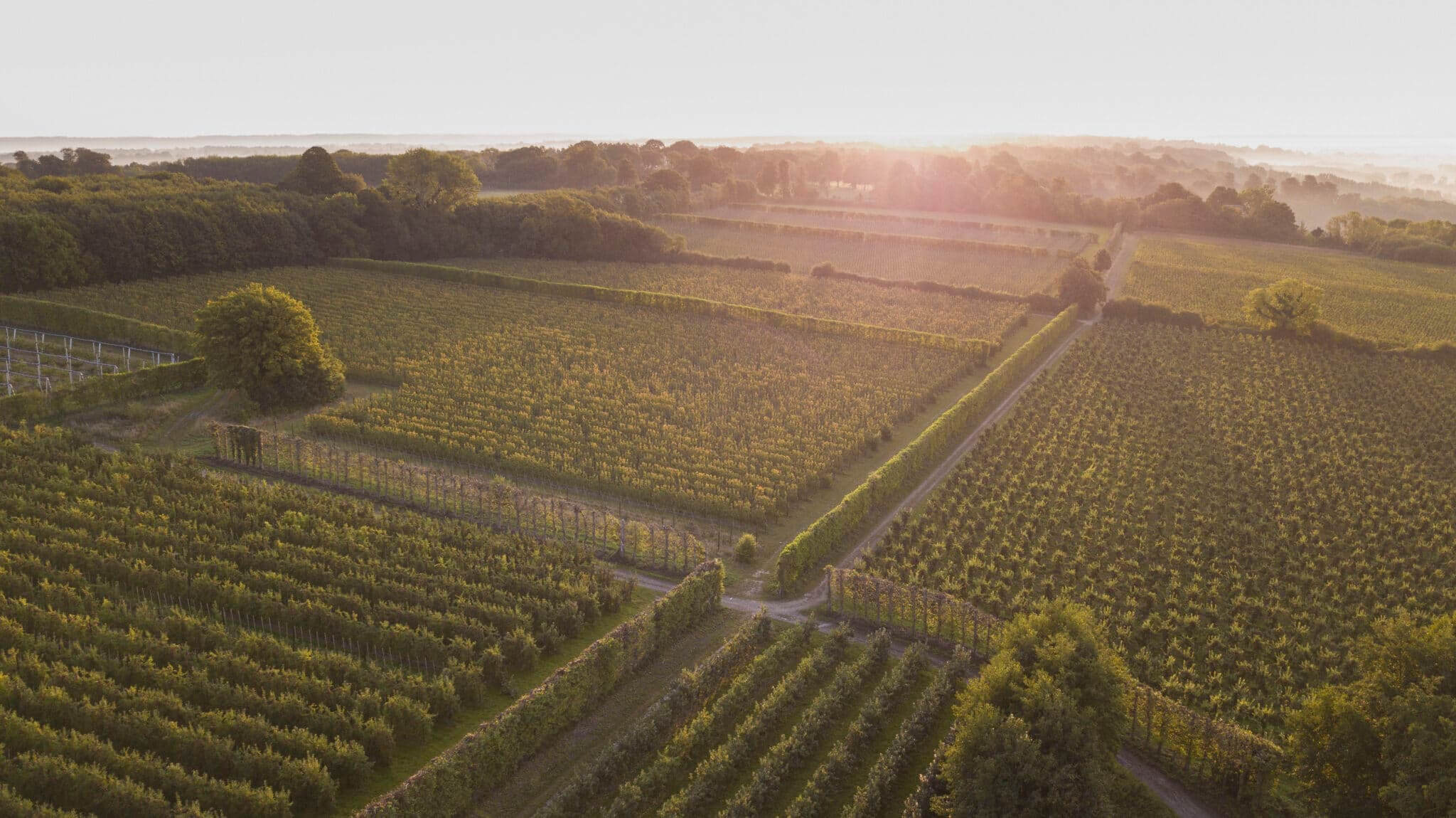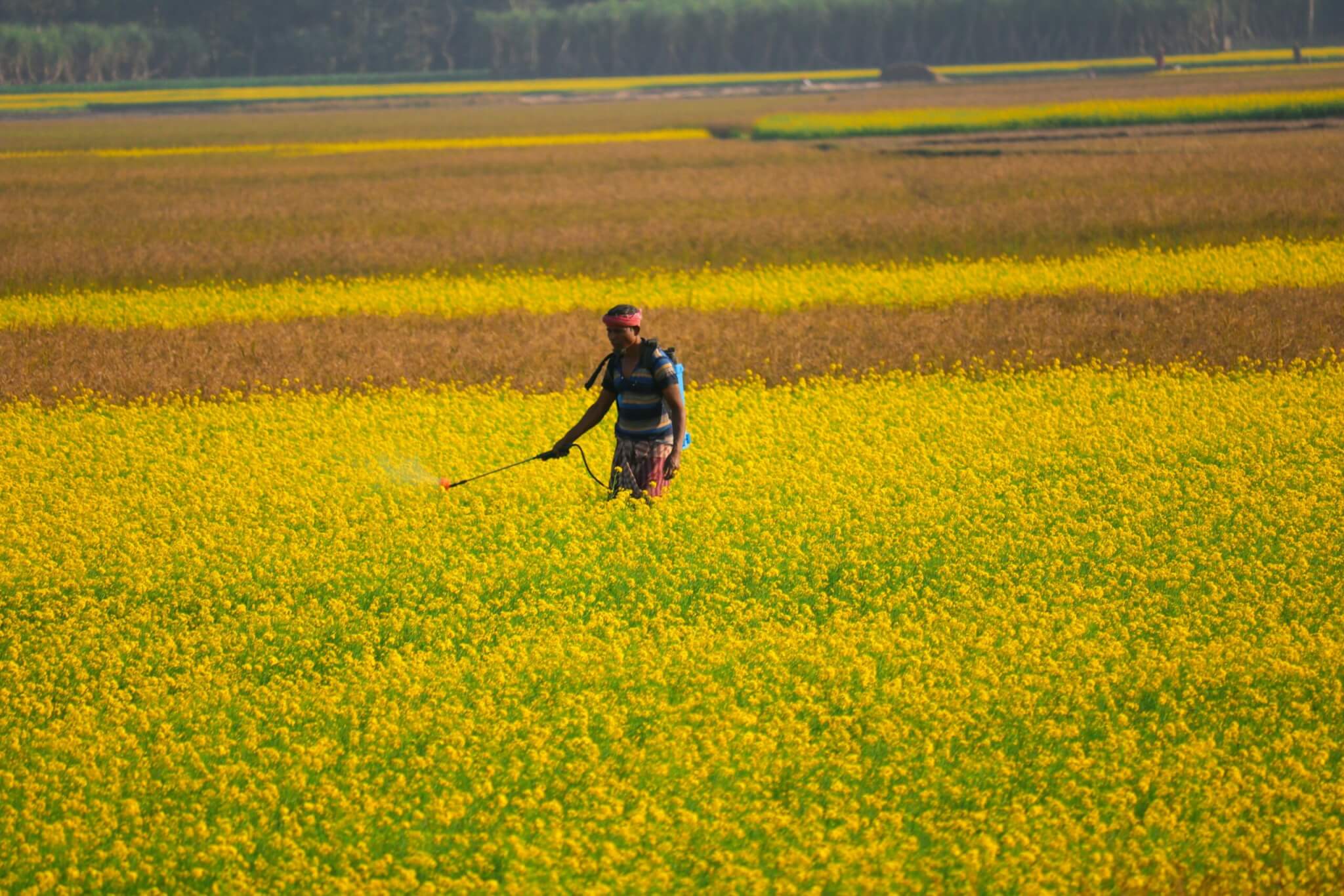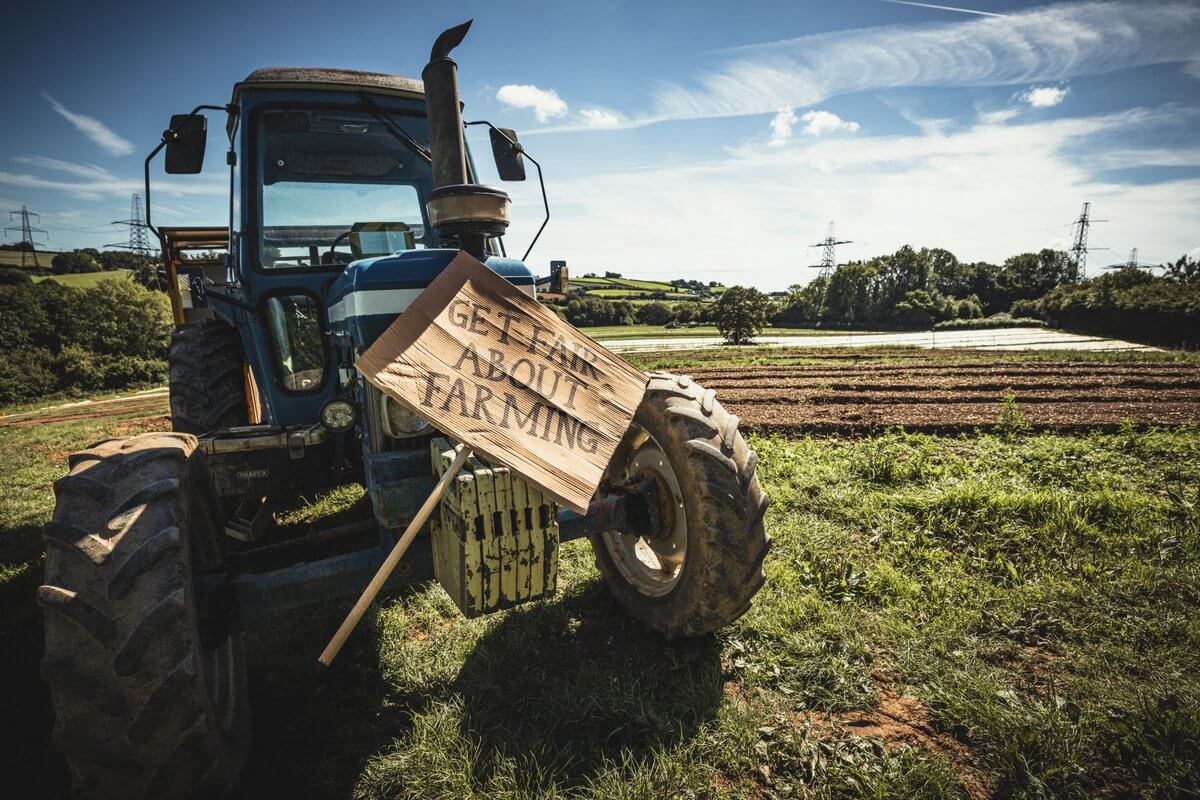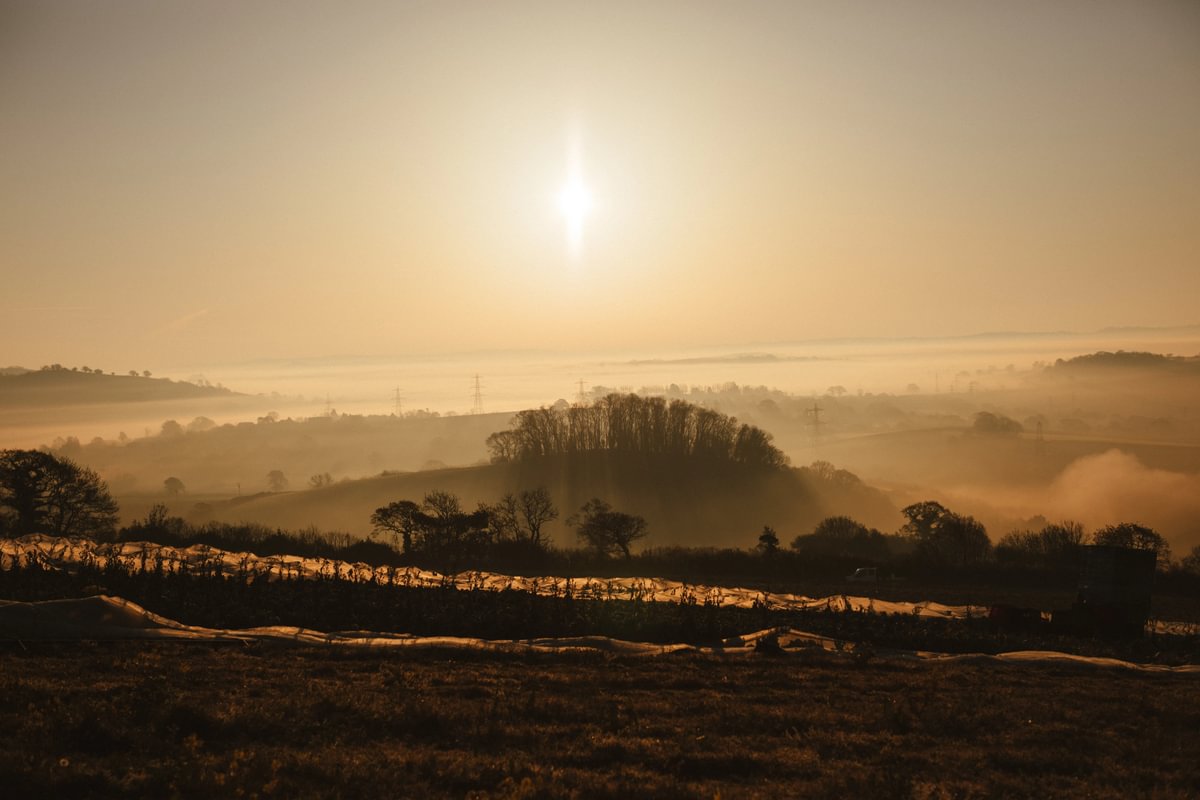British apple and pear orchards are set to shrink as growers have cancelled 150,000 new tree orders this season because prices offered by supermarkets have failed to match the rising cost of production.
A survey of British Apple and Pear (BAPL) members, which represents 80 per cent of all British apple and pear growers, found a major retreat in future orchards, with the blame being placed firmly at the door of supermarket prices being offered to growers.
British growers had been planning to expand their orchards by planting 480,000 new trees, the group said, before the cost of energy and other inputs started rising.
“This is the clearest indication yet that the future of apple and pear growing in the UK is seriously in doubt. The industry is on a knife edge,” said BAPL chair Ali Capper. “Without long-term investment and new tree planting, orchards will quickly go into decline.
“The key reason for the lack of investment is supermarket returns that are unsustainable.”
Growers are facing around a 23 per cent increase in how much it costs to grow apples and pears, including things like the cost of paying pickers, energy, distribution and packaging.
These rises are being met with “almost static average fruit prices paid by retailers”, Capper said, with growers receiving an average of 0.8 per cent year-on-year increase in what supermarkets pay them for their fruit.
This comes despite an independent report by a consultancy group, Andersons Consulting, which recommended that growers should receive a minimum 12 per cent of increase in returns (around 10p extra per pack of Gala apples, for example).
One apple grower, responding anonymously to the survey, said: “We have decided to quit apple growing in 2 years’ time after 40 years of growing fruit.”
Another said they may swap land to other crops, writing that: “Viability of top fruit is on a knife edge and [we] may stop planting. Costs [are] escalating yet [there is] no increase in net price. [We] will get to a point where [we] cannot carry on.”
Capper said that losing British orchards is not just an issue for growers and UK food security, but has a knock-on effect on biodiversity in the countryside.
In response to its findings, BAPL is asking supermarkets to recognise the “unprecedented” 23 per cent inflation in cost of production. It also wants long-term prioritisation for British apples over imports to give growers confidence in planting new orchards.
Urging shoppers to always look for the British origin on buying any apples and pears, the group also want the government to list growers as vulnerable on the energy business relief scheme, and convene a meeting between supermarkets to discuss the emerging crisis in British apples and pears.













Thank you Nina. An interesting article. I don’t mind paying a fair price for food. Whilst this is national, is that shared / seen from Riverford’s point of view and it’s positive relationship with its cooperative? A strong influence in favour of Riverford for me is it’s business and environmental ethics and culture alongside promoting seasonal and organic produce.